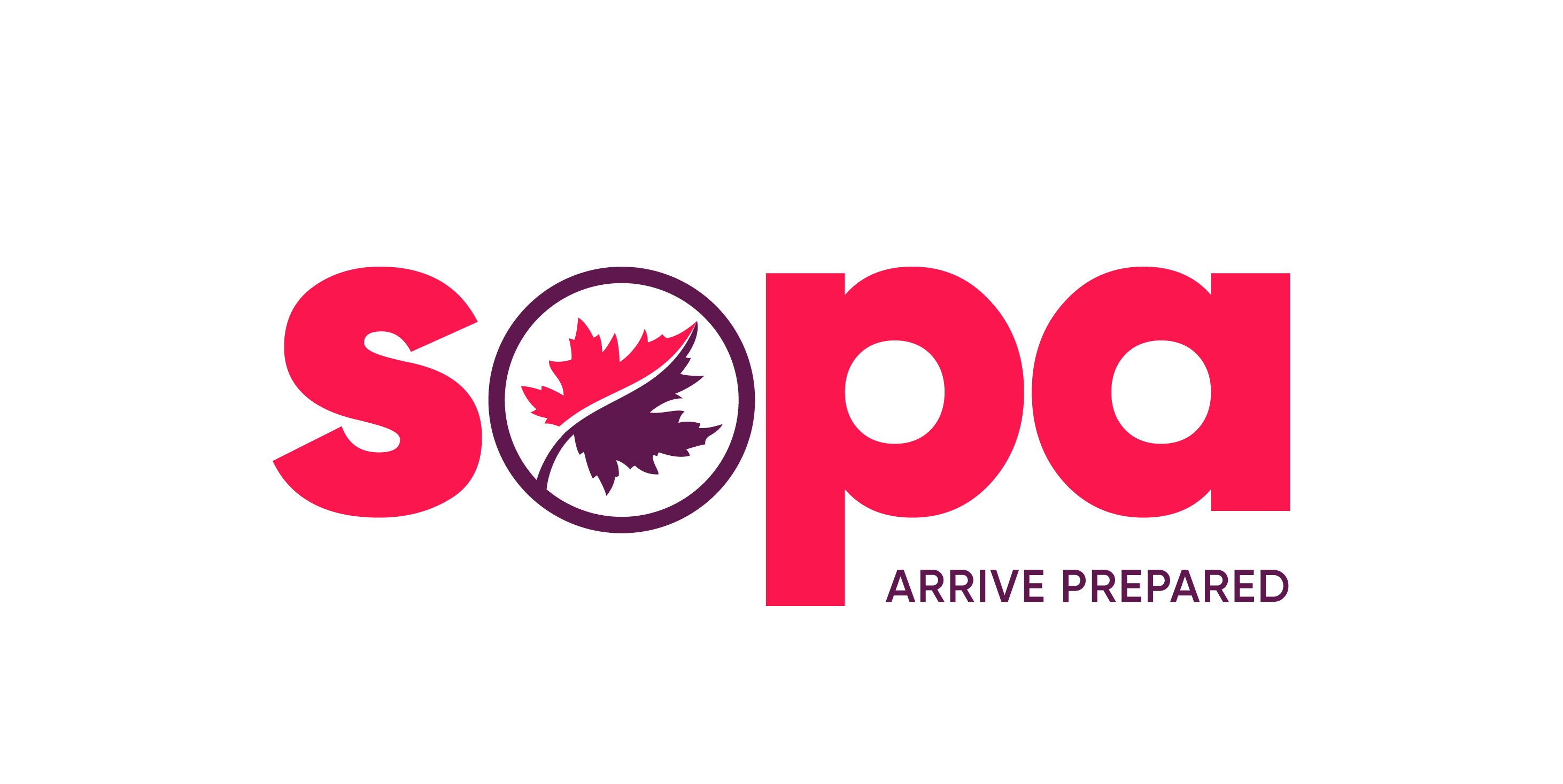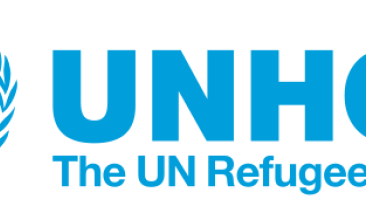You probably have many questions if you are a privately sponsored refugee waiting to resettle in Canada. You might wonder what the weather will be like, how to get a driver’s licence, or how to find a job when you arrive. Learning about the Canadian job market, how to search for jobs, write a resume, prepare for job interviews, and adjust to workplace culture can help you feel more prepared. The Settlement Online Pre-Arrival program, or SOPA, offers services that can support you during this process.
What is SOPA?
SOPA is a free program funded by Immigration, Refugees, and Citizenship Canada (IRCC). It is for people who have been approved to immigrate to Canada as permanent residents but have not yet arrived. The program offers online courses to help newcomers understand Canadian workplace culture and prepare for their new jobs.
Understanding Written Workplace Rules
In Canada, workplaces have clear and official written rules. These rules are usually shared during training or in employee handbooks or contracts. Every workplace has rules, including health and safety guidelines, rules about being on time and missing work, privacy agreements, dress codes, and behaviour expectations.
Understanding Unwritten Workplace Rules
Unwritten rules are informal and not found in documents, making them harder to learn. These rules come from social norms. You can understand them better by observing others or talking with coworkers.
Although unwritten rules might differ from one workplace to another, there are some common practices in Canadian workplaces. For example, you can call everyone, including managers, by their first names. Keeping your workspace clean and tidy is important, and knocking before entering someone’s office or workspace is polite. In shared spaces, like a lunchroom, cleaning up after yourself is expected. Using headphones for phone calls in shared areas shows respect for others, and making small talk with coworkers helps build good relationships. It is also best to avoid gossip in the workplace, as it can create a negative environment.
Scent-Free Policies and Practices
One workplace rule that might surprise newcomers is using fragrances and scented products. Some workplaces have official policies, called scent-free policies, that prohibit wearing perfumes, colognes, or other scented products. These rules help protect employees who have allergies to fragrances. You might notice signs around the workplace reminding employees and the public of this policy.
In other workplaces, avoiding scented products might not be an official rule but another unwritten one. While wearing perfumes or colognes is common and acceptable in many countries, it is becoming less common in Canadian workplaces. Many employers are adopting scent-free practices to ensure everyone is comfortable and safe.
In SOPA’s Ready to Work pre-employment course for refugees, participants often find this topic surprising. One participant shared, “What really takes my interest is the rule of ‘do not use fragrance in the workplace.’ At first, I didn’t know why, but when I learned the reason is because some coworkers can have an allergy to fragrance, I felt it was nice that they were thinking about the other employees and taking their needs into consideration.”
How SOPA Can Help You
SOPA offers courses to help you learn about integrating into Canadian workplaces, including both written and unwritten workplace rules in Canada. These courses prepare you for your new job and help you feel confident in your workplace. Learning about these rules before you arrive allows you to adapt more easily and succeed in your new role.
To learn more about SOPA, watch a short video on SOPA’s YouTube channel or contact Lisa, the Ready to Work course facilitator, at lrichard@isans.ca
Presented by: Settlement Online Pre-Arrival program (SOPA)


